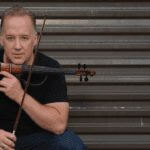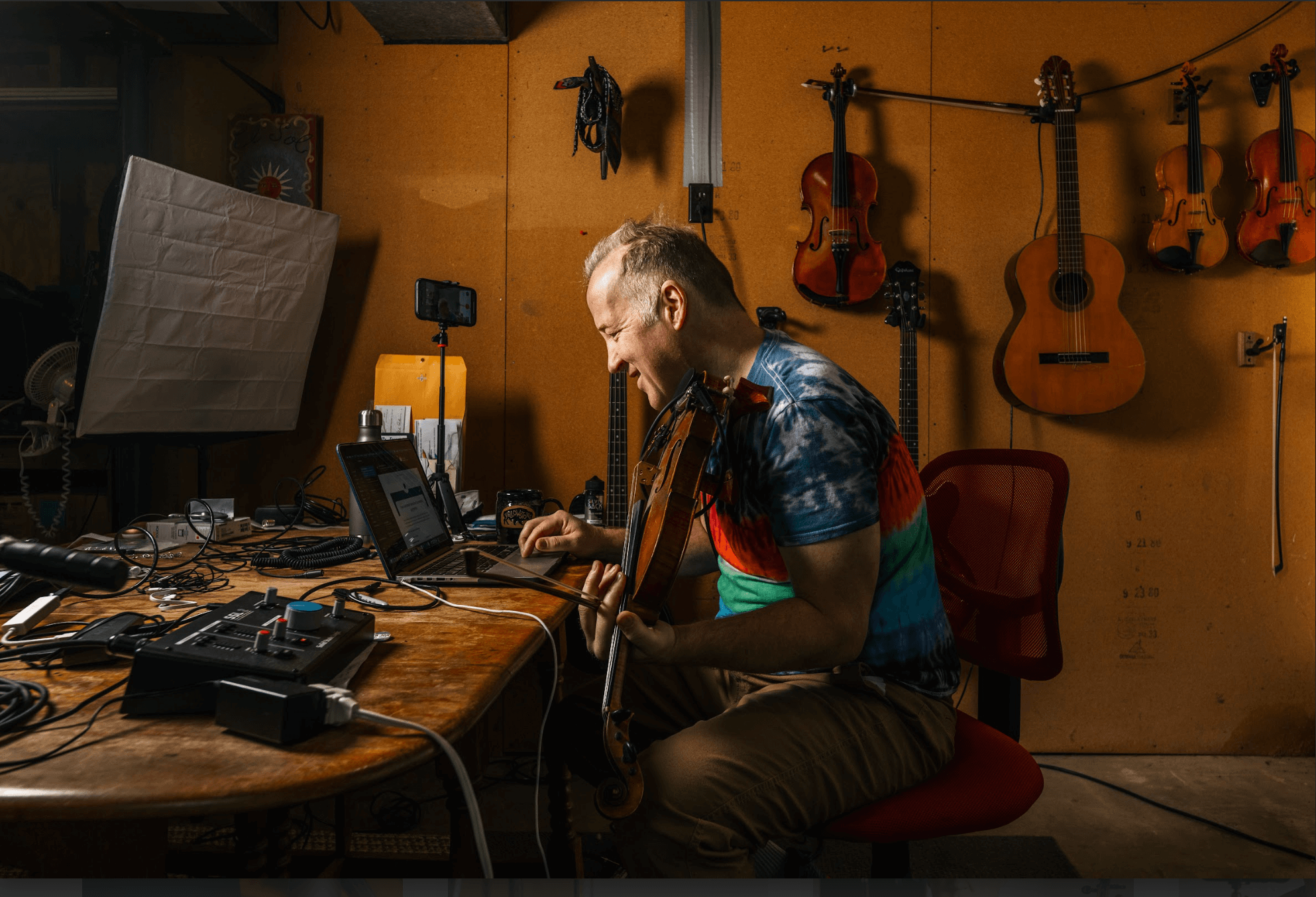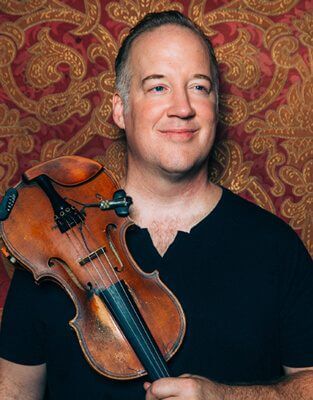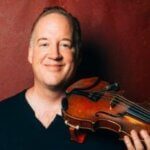I have recently decided to stop using the term “G…. Jazz”. I am in the process of eliminating the term from any of my posts, videos, etc… The reason for this decision is that I believe as long as some people of Roma descent are offended by this term, I personally should not use it. Instead I will use terms like Jazz Manouche, Django, or Hot Club.
I used to feel that the European tradition of Jazz tends to embody elements of classical style, and that the blues is missing. The blues is an American and, many people would argue, distinctly African-American thing. For a player to improvise over chord changes and tunes with a “European/classical” feel and sound, according to one view, sort of misses the point of jazz.
It’s part of a larger debate about what defines Jazz. Since I’m not a historian, I don’t know. I am sensitive to the fact that a large part of Jazz comes from African American culture. I feel it’s my moral obligation to pay respect to the source of the music. But how exactly to do this, I’m not totally sure.
When I first set out to play jazz, I was determined to learn blues and swing i.e., “Rhythm and Blues”. There have been many important black violin players including Ray Nance, John Blake Jr., Claude Fiddler Williams, and Stuff Smith. My study came mostly from listening to other instrumentalists on piano, sax, guitar, et al.
I’ll never forget the nine-hour drive from Columbus to NYC ten years ago with my friend James. We were on our way to a gig, and he told me he could wear a blindfold and pick out the white drummers from the black drummers just by listening to them play.
I wanted to be the one guy that could play and make him believe he was listening to a black musician- For me, this would have equaled becoming a “true jazz musician”. Perhaps this was somewhat naive on my part.
If it’s true that African-American musicians could recognize the difference between a white and black musician just by hearing them play, then this implies that such a thing as “blackness” and/or “whiteness” is a measurable/tangible thing. Cornel West and Henry Louis Gates are among the contemporary writers who have addressed questions about race/racism and cultural proprietorship, i.e. “can a white man play the blues”.
For years I tried to understand and express “blackness” in my playing, doing anything I could to absorb the nuances and understand real “black” culture- that which is “invisible” to those of us from the majority culture. Ralph Ellison’s “Invisible Man” points out that minority cultures are barely visible to the majority, and only in distorted ways, so it’s only the members of these subcultures that “get” the stuff of their culture.
I realized at some point that I needed to evolve beyond trying to “sound black”. I needed to reclaim my own musical roots in the form of classical music, rock music and whatever I grew up with. I needed to develop my own sound.
It wasn’t just about legitimizing the violin in jazz, it was about becoming an artist with a voice, and being ok with who I am in general, without apologizing for whatever my identity is.
At the same time, I want to be an ally to the cause of Black musicians. I’m not sure I understand how to do all of this, and I am committed to continuing to educate myself and listen.
Lot’s of great artists are compelling precisely because they’ve defined their voice through awareness of their own limitations. Bill Frisell doesn’t sound like Stevie Wonder. Miles could never sound like Charlie Parker. It bears noting that jazz artists can express their voice both through playing as well as composition.
You never could’ve convinced me that I would come around and start liking Jazz manouche on the violin.
But I’m here today to do a public about-face: I’m officially open to hot swing Jazz and giving it the respect due any genre.
Part of what made me rethink my position on this was my respect for violinist, Jason Anick. Jason has a very serious work ethic and he’s a very well-rounded musician, comfortable with classical, bluegrass, traditional to modern jazz and more- and he loves to play in the Hot club style . He doesn’t play the music because he needs to, but rather because he likes it. And he does it with heart and soul.
I I will spend my life trying to swing and play the blues. I may never lose my “foreign accent” when I play :), but it’s not the only thing that will inform my music. I will still possess a bit of righteous indignation when I tell young string players to “study the source” and try to learn blues and swing. But it will be mitigated with a more humble and open mind.
